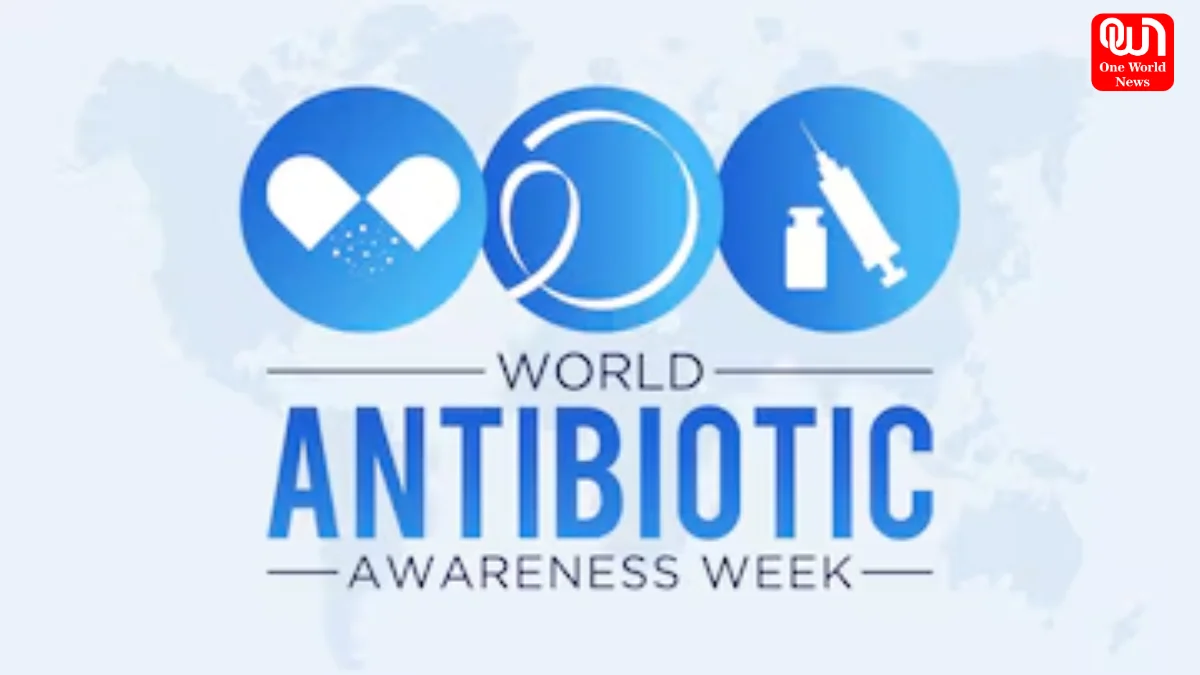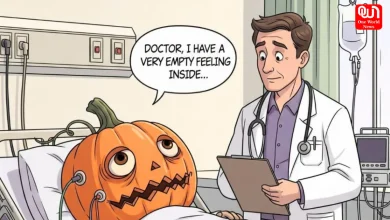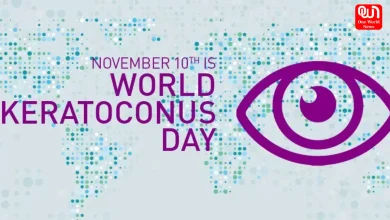World Antibiotic Awareness Week 2025: Understanding Antibiotic Resistance and Promoting Responsible Use
Join World Antibiotic Awareness Week 2025 to fight antibiotic resistance, promote responsible medicine use, and protect global health for the future.
World Antibiotic Awareness Week 2025: Raising Awareness on Antibiotic Resistance, Responsible Use, and Global Health Protection
World Antibiotic Awareness Week (WAAW) is a global campaign held annually to raise awareness about antibiotic resistance and encourage responsible use of these life-saving medicines. Spearheaded by the World Health Organization (WHO), this event aims to educate the public, healthcare professionals, and policymakers about the importance of using antibiotics correctly to preserve their effectiveness for generations to come.
What is World Antibiotic Awareness Week
Origins and Objectives
World Antibiotic Awareness Week was launched by WHO as part of its Global Action Plan on Antimicrobial Resistance. The campaign’s primary objective is to highlight the growing problem of antibiotic misuse and resistance, emphasizing how it threatens modern medicine and global health. Every year, the week-long event brings together governments, health organizations, and communities worldwide to promote better understanding and safer antibiotic use.
Why Antibiotic Awareness Matters
Antibiotics have been essential in treating bacterial infections, saving countless lives since their discovery. However, overuse and misuse—such as taking antibiotics for viral infections like colds or stopping treatment early—have led to the rise of resistant bacteria. During World Antibiotic Awareness Week, experts highlight the urgent need for collective action to ensure antibiotics remain effective.
Understanding Antibiotic Resistance
What is Antibiotic Resistance
Antibiotic resistance occurs when bacteria evolve and become immune to the effects of drugs designed to kill them. This makes infections harder to treat, leading to longer illnesses, increased medical costs, and higher mortality rates. World Antibiotic Awareness Week focuses on spreading knowledge about how resistance develops and how it can be slowed.
Causes of Antibiotic Resistance
Misuse and overuse of antibiotics in humans, animals, and agriculture are the primary causes of resistance. Self-medication, poor infection control, and lack of awareness worsen the problem. By promoting responsible antibiotic use, World Antibiotic Awareness Week aims to prevent unnecessary exposure that drives resistance.
Global Impact
Antibiotic resistance is a global health crisis. According to WHO, millions of deaths annually are linked to resistant infections. Without effective antibiotics, even routine surgeries and minor infections could become life-threatening. The campaign reminds everyone that the loss of antibiotic effectiveness would set modern medicine back decades.
How World Antibiotic Awareness Week is Observed
Educational Campaigns
Throughout World Antibiotic Awareness Week, governments, hospitals, and health organizations conduct awareness programs, webinars, and workshops. These initiatives teach healthcare workers and the public about responsible prescribing, hygiene practices, and infection prevention.
Social Media and Public Engagement
Social media plays a vital role in amplifying the message. WHO and global health bodies share informative content, infographics, and videos using the tag WorldAntibioticAwarenessWeek to engage audiences and encourage participation.
Community and School Programs
Many schools and community centers organize interactive sessions, competitions, and awareness drives to educate students and families about the dangers of antibiotic misuse. The goal is to instill good habits early and create informed citizens.
Read more: World Usability Day 2025: Enhancing User Experience Through Innovation and Accessibility
Importance of Responsible Antibiotic Use
Using Antibiotics Correctly
During World Antibiotic Awareness Week, healthcare professionals emphasize completing prescribed antibiotic courses, avoiding self-medication, and never sharing leftover medicines. Following a doctor’s advice ensures antibiotics work effectively and resistance does not develop.
Hygiene and Prevention
One of the best ways to reduce antibiotic use is to prevent infections in the first place. Proper handwashing, vaccination, and safe food practices reduce the spread of bacteria and lower the need for antibiotics.
Role of Healthcare Providers
Doctors, pharmacists, and nurses play a crucial role in preventing antibiotic resistance. By prescribing antibiotics only when necessary and educating patients about proper use, they help maintain the effectiveness of these medicines for future generations.
Challenges in Combating Antibiotic Resistance
Misuse in Human Medicine
Overprescription, incomplete treatments, and over-the-counter sales of antibiotics contribute to resistance. World Antibiotic Awareness Week sheds light on these practices and encourages stricter regulations.
Antibiotic Use in Animals
The use of antibiotics to promote growth in livestock is another major factor. The campaign calls for responsible antibiotic use in agriculture to prevent resistant bacteria from spreading through food chains and the environment.
Lack of New Antibiotics
Developing new antibiotics is complex and costly. As resistance increases, fewer effective drugs are available. World Antibiotic Awareness Week promotes research and innovation to develop new treatments and diagnostics.
How You Can Contribute During World Antibiotic Awareness Week
Educate Yourself and Others
Learn about antibiotic resistance and share accurate information with family, friends, and communities. Awareness is the first step toward behavior change.
Follow Prescriptions Carefully
Always use antibiotics only when prescribed and complete the full course even if you feel better. Avoid using antibiotics meant for others or leftover from previous treatments.
Read more: World Quality Day 2025: Celebrating Excellence and Continuous Improvement Across Industries
Support Global Health Campaigns
Participate in events, donate to research programs, or volunteer with organizations involved in antimicrobial awareness. Every contribution helps strengthen the fight against antibiotic resistance.
Conclusion
World Antibiotic Awareness Week 2025 reminds us that the future of healthcare depends on our choices today. Antibiotic resistance is not just a medical issue—it is a shared global challenge. By using antibiotics responsibly, supporting awareness efforts, and promoting hygiene, individuals can make a real difference. The campaign serves as a powerful reminder that together we can preserve the effectiveness of antibiotics, ensuring that these life-saving medicines continue to protect us and future generations.
We’re now on WhatsApp. Click to join.
Like this post?
Register at One World News to never miss out on videos, celeb interviews, and best reads.








